
Deputy Minister of Agriculture and Environment Tran Thanh Nam - Photo: VGP/Do Huong
Today (July 18), the Ministry of Agriculture and Environment held the Forum "Enhancing competition and promoting exports of 4 key fruit products".
According to the Department of Crop Production and Plant Protection, Vietnam currently has more than 1.3 million hectares of fruit trees with an output of about 15 million tons per year. Of which, bananas cover 161,000 hectares with an export turnover of nearly 380 million USD in 2024, helping Vietnam become the 9th largest banana exporter in the world .
Vietnamese banana products are present in China, Korea, Japan, EU, USA and many other countries. Pineapple also covers an area of over 52,000ha, coconut nearly 202,000ha and passion fruit over 12,000ha. All are tending to expand exports and develop deep processing.
The four main fruit products – durian, dragon fruit, banana and coconut – all have great potential to increase export value. Durian, with strong production growth in provinces such as Tien Giang and Dong Nai, is being oriented towards high-quality development to meet the needs of China and Southeast Asian countries.
Dragon fruit, although its acreage is no longer expanding due to the risk of oversupply, is switching to off-season production and deep processing to maintain the market.
Bananas, with their low cost and short harvest time advantages, could expand to India and Japan.
Fresh coconut, with an export turnover of 390 million USD in 2024, is taking advantage of opportunities from the US and China to develop value-added products such as canned coconut water.
Experts at the forum emphasized that instead of competing for output, Vietnam needs to focus on quality, traceability and brand stories. The development of growing area codes and the application of 4.0 technology in supply chain management will help Vietnamese fruit products compete more effectively with Thailand, the Philippines and Brazil.
Billion Dollar Level Up
Deputy Minister of Agriculture and Environment Tran Thanh Nam said that in the fruit and vegetable industry, passion fruit, pineapple, coconut and banana have potential competitiveness, production and market demand.
The Ministry of Agriculture and Environment said that the total cultivation area of the four types of fruit currently reaches about 420,000 hectares with an output of over 6.3 million tons, showing abundant production resources. Market demand for these products is also very large, with many businesses even reporting that there is not enough supply to meet the demand.
However, Deputy Minister Tran Thanh Nam also pointed out some numbers to ponder. Although coconuts have reached an export turnover of 1.1 billion USD in 2024, ranking among the top 7 key agricultural products, bananas have only reached 380 million USD, passion fruit 222 million USD and pineapples have not even reached 50 million USD.
"This shows that we, from the perspective of the State, cooperatives, growers... still have a lot of work to do to bring these products to the billion-dollar level, possibly by 2026 or 2027," said the Deputy Minister.
In particular, Deputy Minister Tran Thanh Nam made an important suggestion: a "technological revolution" for these four key fruit products. "This could be the starting point for a major program. If the associations agree, we can consider together to promote these products to soon become billion-dollar products," the leader of the Ministry of Agriculture and Environment shared.
Deputy Minister Tran Thanh Nam assessed that all four products have absolute or relative advantages, but are facing similar challenges: monotonous varieties, lack of good varieties, varieties resistant to important pests and diseases, lack of standard raw material areas, fragmented linkages, low processing rates, lack of national brands, and the market still has many potential risks. Traceability work still faces obstacles, especially in plant variety protection.
In that context, Decree No. 88/2025/ND-CP guiding the implementation of Resolution No. 193/2025/QH15 has removed many barriers, opening up breakthrough opportunities in research on new varieties. "This is the time when institutes and schools need to focus on improving and diversifying seed sources, while businesses must increase investment and proactively link up in the seed production process," said Deputy Minister Tran Thanh Nam, emphasizing the role of associations in building raw material areas.
According to the Deputy Minister, currently, the decentralization to local regions according to Decree No. 145/2025/ND-CP sets out 17 tasks for each commune regarding raw material areas and assigns growing area codes. This is an important basis for localities to proactively coordinate with enterprises and cooperatives in managing and developing growing areas in a systematic and effective manner.
"Regarding raw material areas, the key factor for traceability and accessing demanding markets, businesses need to proactively coordinate with cooperatives to build a model of close linkage from input to output. Providing seeds, fertilizers to product consumption not only ensures a stable source of raw materials but also enhances the competitiveness of Vietnamese agricultural products in the international market," said Deputy Minister Tran Thanh Nam.
Do Huong
Source: https://baochinhphu.vn/can-cach-mang-cong-nghe-cho-4-mat-hang-trai-cay-chu-luc-102250718150919384.htm


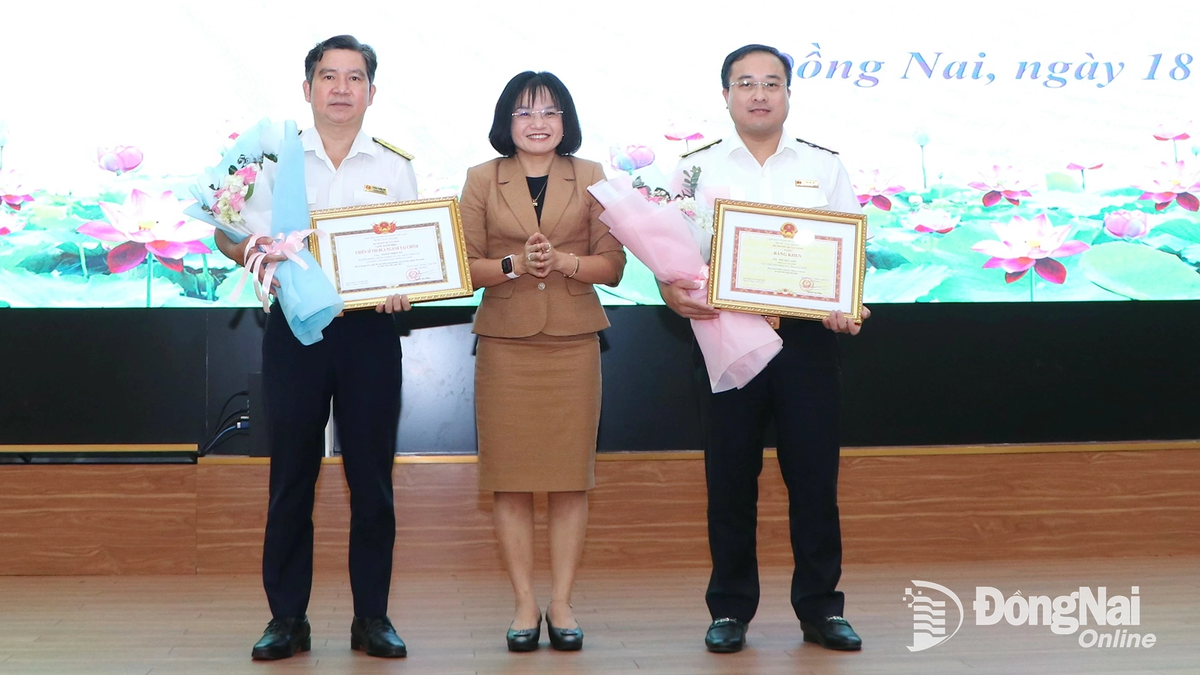



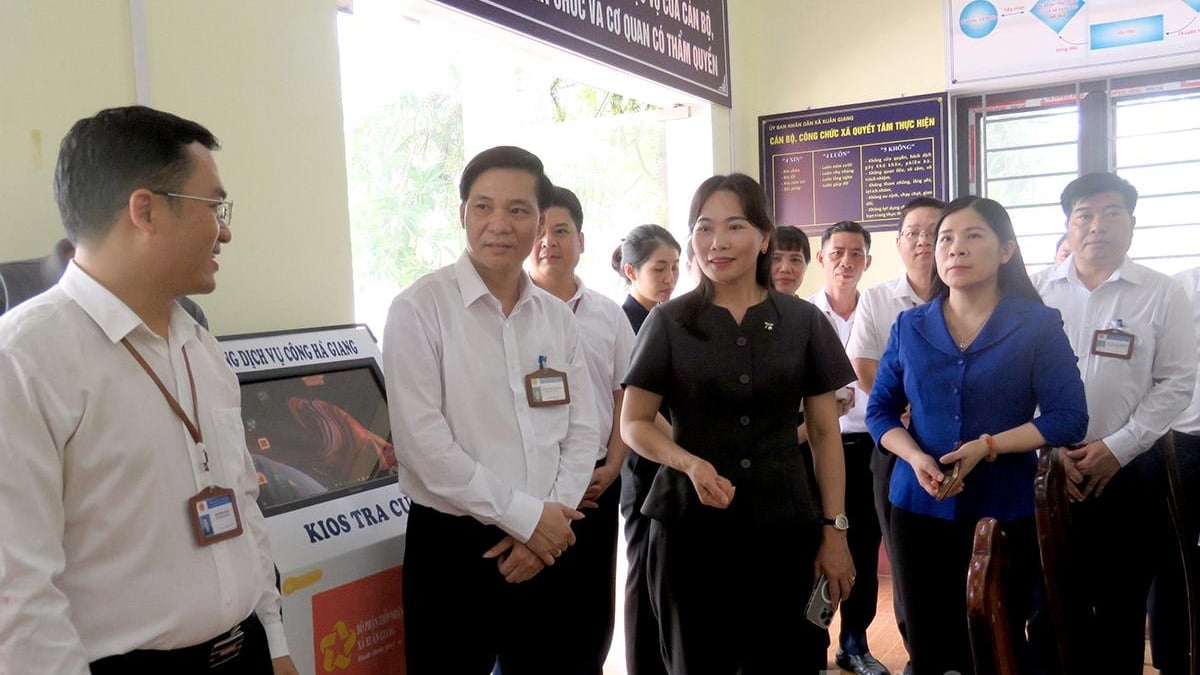


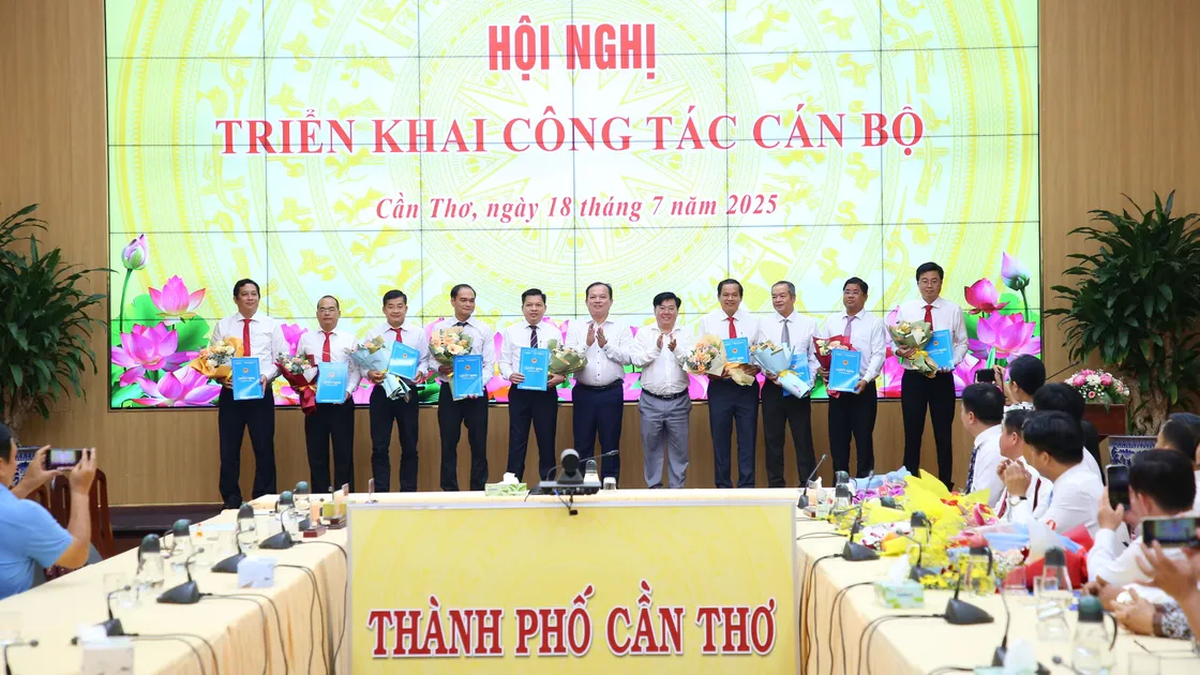
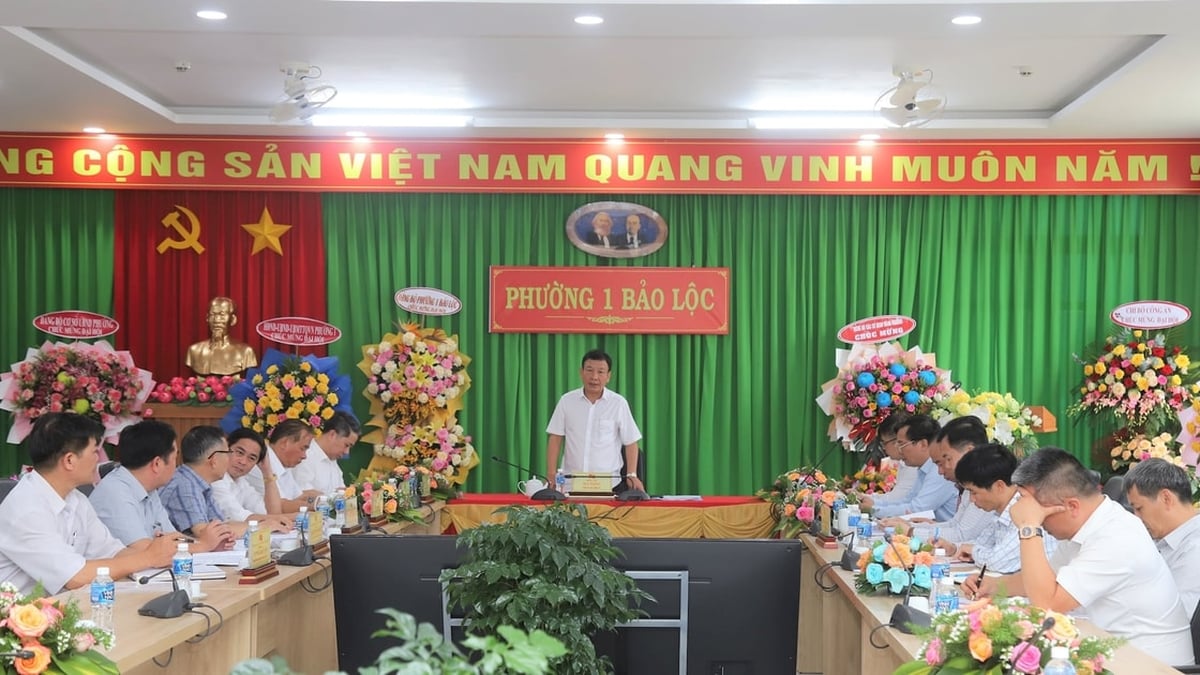


































































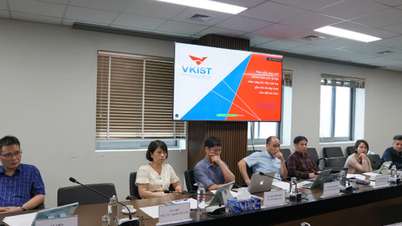

















![[Infographic] In 2025, 47 products will achieve national OCOP](https://vphoto.vietnam.vn/thumb/402x226/vietnam/resource/IMAGE/2025/7/16/5d672398b0744db3ab920e05db8e5b7d)





Comment (0)